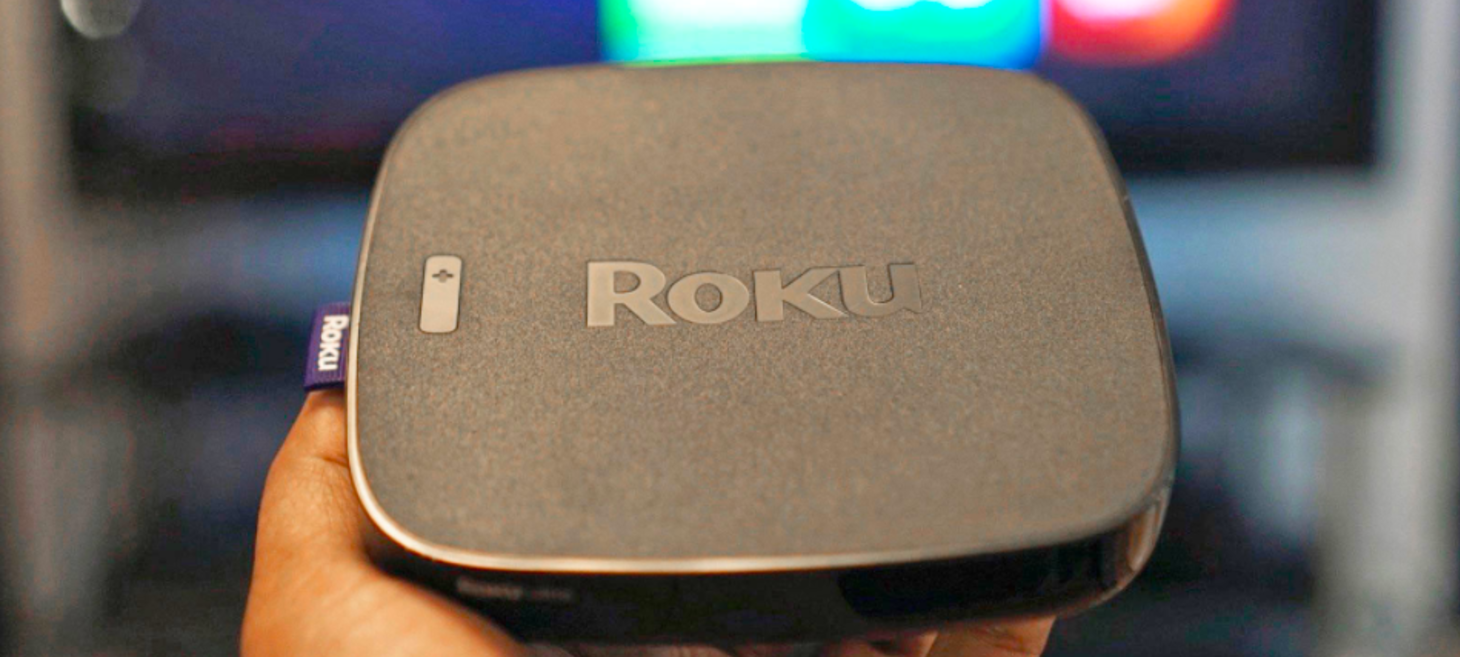Happy Friday!
Welcome to Rerun, your weekly round-up of the most interesting news stories from the future of video, VR and TV, curated by Axonista.
This week a short interview with Heather Malenshek, VP of global marketing at Harley-Davidson, brought a smile to our face. She explains why Harley-Davidson don't buy into the concept of 'millennials', and why they market to individuals, not generations.
Let's get straight to it!
Top Pick

The messy, confusing future of TV? It’s here.
Is the number of streaming services you subscribe to starting to get out of hand? Kevin Roose considers a future in where we have more subscriptions than we know what to do with. We wrote last week about Disney's split from Netflix to start their own branded service and Facebook launching their dedicated content channel. So it seems the industry isn't showing any signs of slowing down.
At Rerun, we're wondering if this fragmentation will result in some companies combining their content, to offer bundled services? This seems unlikely for the near future, as the market is plentiful with cord-cutters willing to part with subscription fees for their favourite shows with advertisers eager to follow them.
As the decline of traditional TV creates a gold rush for ad dollars and consumer attention, every tech and media company seems to be heading to the mine, pickax in hand.
Future of TV
Pay TV numbers rise in Kenya as DTT FTA boxes decline
In Western markets, most cable networks are fighting the change in viewing habits, with more and more users 'cutting the cord' in favour of skinny bundles and subscriptions to likes of Amazon Prime. However in Kenya, an emerging economy, TV trends are completely different; digital-terrestrial pay TV subscriptions are rising while the number of free-to-air channels is declining.
While the population of Kenya has risen, government figures highlight the steady growth in pay tv and broadband subscriptions. The research also highlights that digital-terrestrial networks now reached 75% of the country’s population. This highlights a growing appetite for TV & content in Kenya. At Rerun we think it will be interesting to see how consumption habits develop in Kenya, in comparison to Western trends.

Roku clamps down on pirate channels
Roku originally introduced private channels to allow developers test content before public release. But some devious pirates have been using these channels to share illegal content. As a result Roku are clamping down on this activity, especially since Roku intends to offer public stock later this year.
Facebook tests showing eBay Daily Deals in Marketplace
Last year Facebook's launch of Marketplace showed the social network's interest in peer-to-peer ecommerce. With over 1.3 billion daily active users, they would seem well positioned to overshadow competitors in the space like CraigsList and eBay.
Interestingly, Facebook is now partnering with eBay to promote discounted items through a feature called Daily Deals. It's a partnership to watch for sure. Facebook will be testing the new feature with certain groups before rolling it out on a bigger scale.
Interactive Media

Amazon opens up access to developer tools for adding Alexa to commercial products
At Rerun, we believe voice will become a major interface. Amazon's latest announcement could be an exciting step in the development of voice interactions with devices.
Amazon wants to make Alexa, its virtual assistant, available on more devices outside of its own device offering. As a result Amazon is opening up access to Alexa, with the Alexa Voice Service Device SDK toolset. This will allow commercial device makers to build connected products powered by Alexa.
Developers will be able to add a fully functional version of Alexa to their devices which can handle speech recognition, as well as other Alexa features, such as streaming media, using timers, alarms and notifications. One potential use we see at Rerun, could be Alexa's integrations with Smart TVs to help improve search and navigation.
Esports

Dota vu: Valve’s world cup of e-sports is having another moment in the spotlight
Dota 2's The International is one of the biggest esports tournaments, with over $20m in the prize pool. As esports goes it also has some of the highest production values and best support for spectators.
That said, for newcomers, the coverage is still almost impenetrable. This article in The Verge breaks down many of the mainstream adoption hurdles that not only Dota 2 faces, but pretty much every esport. There are plenty of constructive ideas in here that borrow from existing sports broadcasting and also imagine what could be potentially better.
"I’d put it down to three things: the game’s inherent complexity, the consequent visual busyness and difficulty of following what’s happening on screen, and Valve’s presentation style."

Netflix’s Ted Sarandos
Ever wondered what 'Netflix and chill' means to Netflix?! Well Ted Sarandos, Netflix’s content chief explains, in series of quick fire questions with Variety, reveals how Netflix perceive the term. He also reveals that sleep and time, are in fact Netflix's biggest competitors.
